detail profile genden sangijav
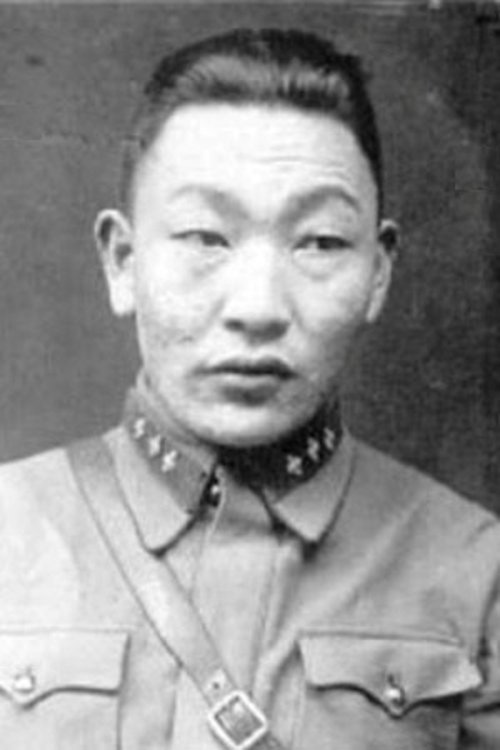
Genden Sangijav
Сангижавын Гэндэн
atau dikenal sebagai
Riwayat Hidup
Genden Sangijav was born in 1919 in Övörkhangai.
He starts as an actor of National Theater between 1939 and 1944 before becoming stage director.
In 1973, he is promoted director of National Theater of Young Children in Ulan Bator.
Along his theater career, he directed several long features.
He is promoted Artist of People a few months before his death in 1981.
Info Pribadi
Peran Yang Di Mainkan Genden Sangijav
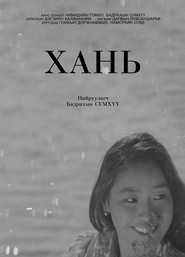 The meaning of being a mans...
The meaning of being a mans...The Spouse 1975
The meaning of being a man's spouse and a mother swan in the world is shown through the life of Tumur's wife Naran, a work that shows how precious love and marital happiness develops amid the conflicts of old and new ideas.
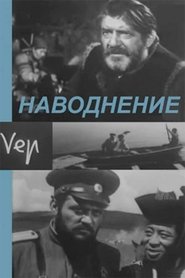 At the beginning of the Peoples...
At the beginning of the Peoples...Inundation 1967
At the beginning of the People's Revolution of 1921, it tells about the friendship between Bold, a herdsman, and Mikhail, a Russian boatman, who live on the banks of a river near the border. Two old men who took part in the revolution will be killed by the enemy, but their children will live on. Shows the continuation of the holy friendship of their ancestors.
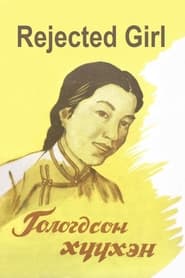 The great changes in social life...
The great changes in social life...Rejected Girl 1961
The great changes in social life and people's minds in Mongolia before and after the revolution are lived in the form of Dolingor, the humble servant of rich Bold, hard worker, and Bat, who fought against slavery and gained freedom. Dolingor only talks about the joys and sorrows of meeting Myada and the happiness of his soon-to-be-born child only in the dark days of the night. Rich Bold argues with his wife about adopting a son to watch over the hearth. Rich Bold, who was told by Monk Lovon that he would not be happy to leave Dolingor, is moved to leave Myadag, who is about to give birth, on his black manure. When Dolingor rushed to evict Boldyn's house, a "lost girl" was born. Dolingor, for the sake of the rich Bold, cheated the Naudiragator with a stone bribe, and was forced to serve in the military for many years. Going like this, when he enters the house of the station, he meets his daughter, and the story of the movie begins.
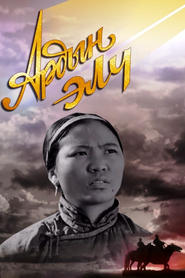 Darbazar who was carrying a secret...
Darbazar who was carrying a secret...A Messenger of the People 1959
Darbazar, who was carrying a secret letter to General Sukhbaatar about how ordinary herdsmen participated in the People's Revolution of 1921, fell into the hands of the enemy, and before being killed, he left his wife to continue the work he intended to do. tells about the face-to-face encounter with the great general Sukhbaatar
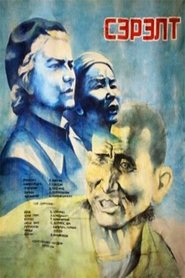 In 1928 when scientific hospitals were introduced...
In 1928 when scientific hospitals were introduced...The Awakening 1957
In 1928, when scientific hospitals were introduced to Mongolia, the Russian female doctors who came to rural areas and the famous local maarambas overcame old customs, opinions, and religious influences, and showed how people's views were changed and a new morality was formed in their minds.
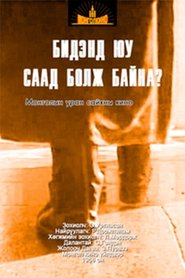 In the middle of the 1950s...
In the middle of the 1950s...What Obsticles Are Becoming for Us? 1956
In the middle of the 1950s, the harmful effects of the old social customs, rigidity, and bureaucracy in the forward development of social life were shown in a comical tone in connection with the incident where an old man with a dam entered the city to look for parts for a haymaking machine.
 A 2part epic film novel based...
A 2part epic film novel based... A 2part epic film novel based...
A 2part epic film novel based...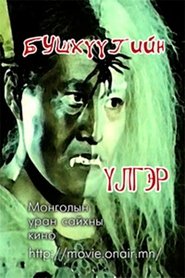 One of the good qualities of...
One of the good qualities of...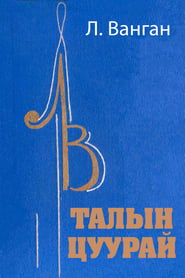 It shows the valiant struggle of...
It shows the valiant struggle of...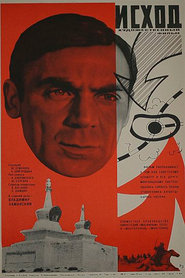 It shows how the October Revolution...
It shows how the October Revolution...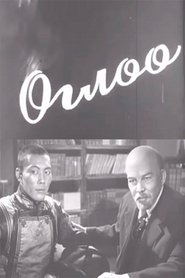 A historical feature film showing how...
A historical feature film showing how...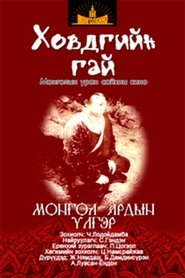 This fairytalethemed movie tells about the...
This fairytalethemed movie tells about the...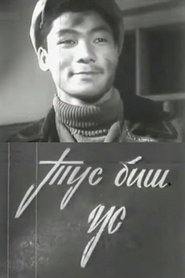 A moral movie about old and...
A moral movie about old and...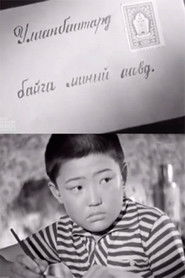 He expressed the idea that this...
He expressed the idea that this...